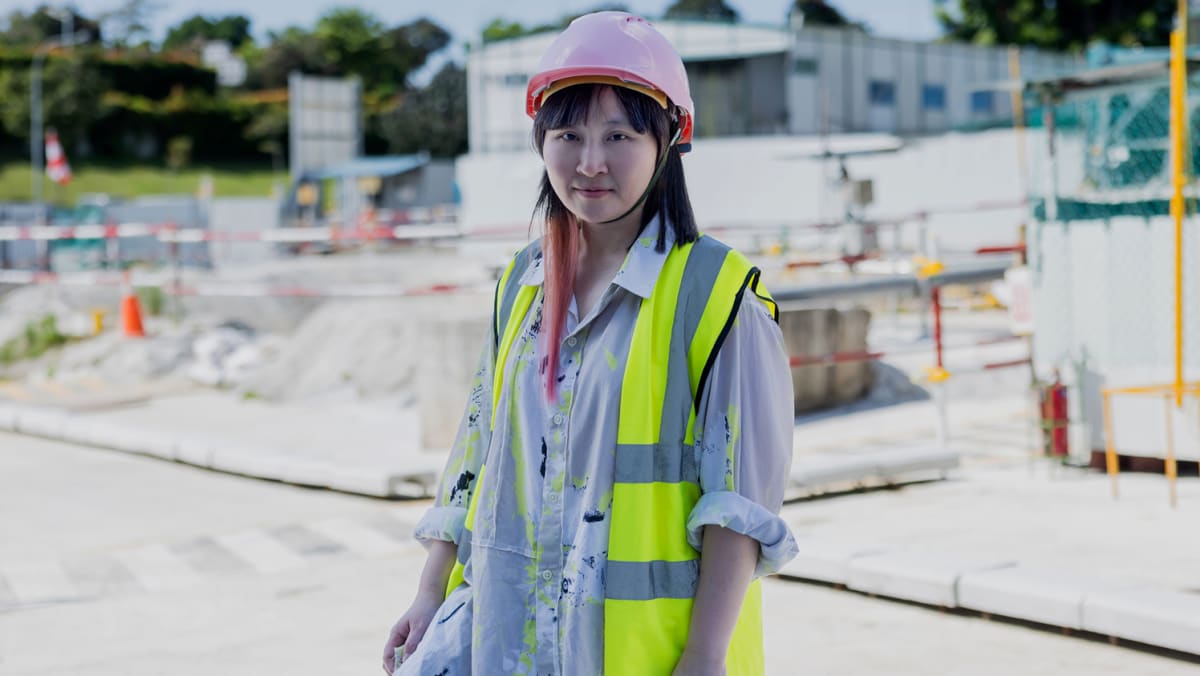Even before this takes place, roads and public walkways need to be diverted. Hundreds of trees will also be uprooted in the process, and the same number of trees will need to be replanted after station completion, Leong explained.
Since the digging and construction takes place amid schools, and residential, retail and offices spaces, noise barriers have to be built prior.
It is a time-consuming and multi-disciplinary process involving not just Leong and her architectural team, but more than 100 experts of different fields – structural engineers, fire engineers, acoustic engineers, landscape architects and traffic engineers.
MORE THAN JUST A TRANSIT POINT
Size and scale are not the only remarkable factors of MRT construction.
“I find infrastructure projects very meaningful as they are part of our social fabric, with millions of people passing through them as part of their daily lives,” said Leong.
“A hotel or shopping mall is the end point, the destination. But transport architecture like an MRT station has a transient type of usage. You don’t visit the station like you would visit a shopping mall. You pass through it.
“Think of it as a moving machine. It is about maintaining continuous flow, and connecting and bringing people to destinations.
“We run a lot of simulations to make sure that the flow of people, the flow of trains and the flow of everything is as smooth as we can possibly make it,” Leong said.

